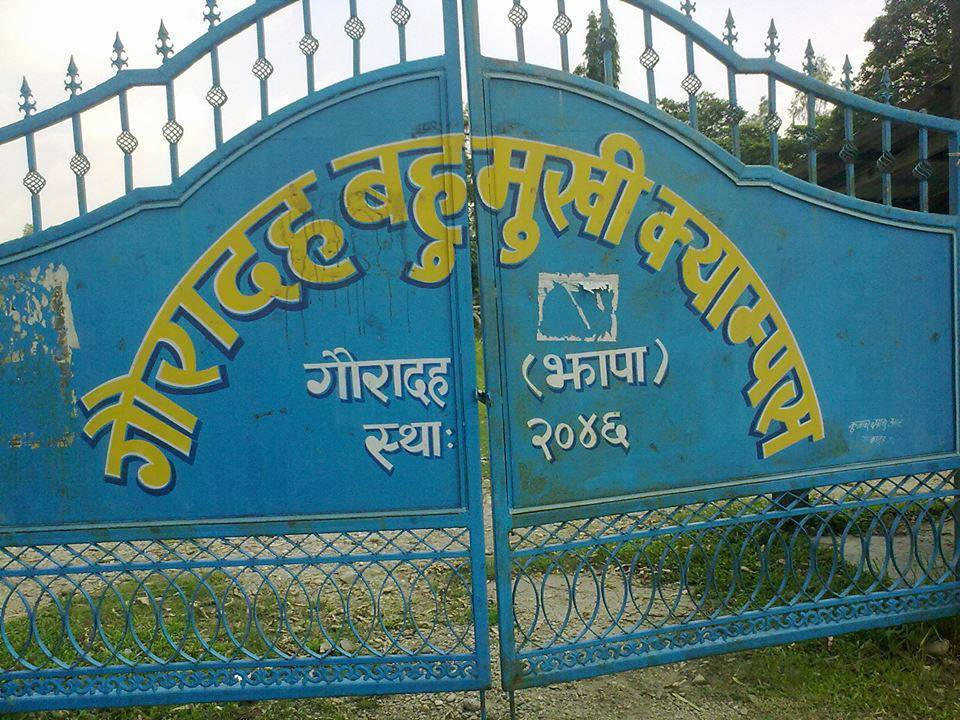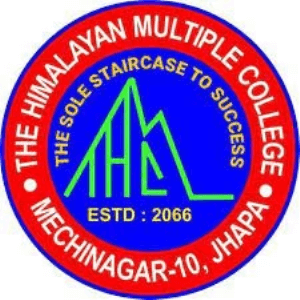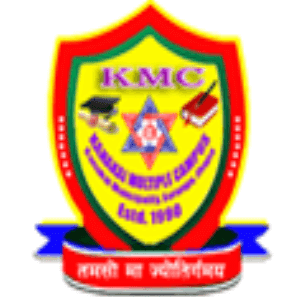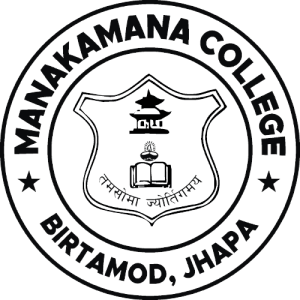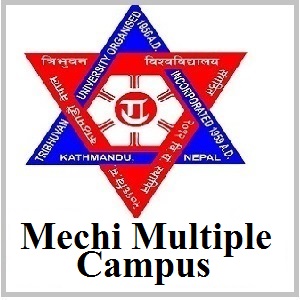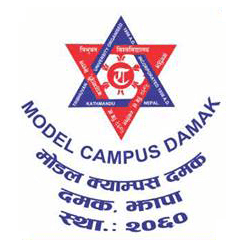Overview
Bachelor of Arts (BA) at Damak Multiple Campus, Jhapa
The Bachelor of Arts (BA) program at Damak Multiple Campus is a four-year interdisciplinary undergraduate degree affiliated with Tribhuvan University (TU).
It offers students a flexible academic path to explore the social sciences, humanities, languages, and development studies, building a strong foundation in analytical thinking, research, and communication.

Program Overview
This BA program allows students to select two major subjects and two elective subjects, in addition to compulsory courses in English, Nepali, and Nepali Studies.
It is designed for students aiming to pursue careers in education, journalism, social service, civil services, development, and policy research.
Program Highlights
-
Affiliation: Tribhuvan University (TU)
-
Duration: 4 Years (Annual System, 500 marks/year)
-
Total Marks: 2000
-
Location: Damak-9, Jhapa
-
Medium: English and Nepali
-
Mode: Full-time, On-Campus
Eligibility Criteria
To qualify for admission:
-
Applicants must have passed +2 or equivalent in any stream (Humanities, Science, or Management) from TU or a recognized board.
-
Students must have secured at least a D+ in all subjects in both Grade 11 and 12.
-
Certain subjects (e.g., Major English or Journalism) may require a prior background in the subject or supplementary course completion within three years of admission.
Course Structure
Compulsory Courses
-
English (200 marks – Year 1 and Year 3)
-
Nepali (100 marks – Year 2)
-
Nepal Studies (100 marks – Year 4)
Major Subjects (700 marks each) – Any two of the following:
-
Sociology
-
Rural Development
-
Social Work
-
History
-
Political Science
-
Population Studies
-
Psychology
-
Journalism and Mass Communication
-
English
-
Nepali
-
Economics
-
Anthropology
-
Geography
-
Linguistics
-
Buddhist Studies
-
Nepal Bhasa
Elective Subjects (100 marks each)
-
Students select two subjects outside their majors for broader academic exposure.
Assessment
Each subject is assessed via 70% external (written exam) and 30% internal (classwork, presentation, mini-projects, teamwork).
Learning Outcomes
Graduates will:
-
Understand societal structures, cultural dynamics, and developmental issues
-
Gain proficiency in research, critical analysis, and report writing
-
Communicate effectively across academic and professional settings
-
Develop broad knowledge in selected disciplines and apply it in real-world contexts
-
Engage in socially responsible and inclusive practices
Career Opportunities
The BA program prepares students for entry-level roles in:
-
Teaching and education
-
Journalism and media
-
Social and community work
-
NGOs and development agencies
-
Government services
-
Cultural and heritage institutions
-
Research and policy organizations
Pathways for Further Study
After completing a BA, students may pursue postgraduate programs such as:
-
Master of Arts (MA) in Sociology, Rural Development, Social Work, Political Science, etc.
-
M.Ed. (if seeking a teaching license)
-
MPA, MSW, or MA in Gender Studies, Conflict, or Development Studies
-
MA in English, Nepali, and Sanskrit (if specialized in those fields)


